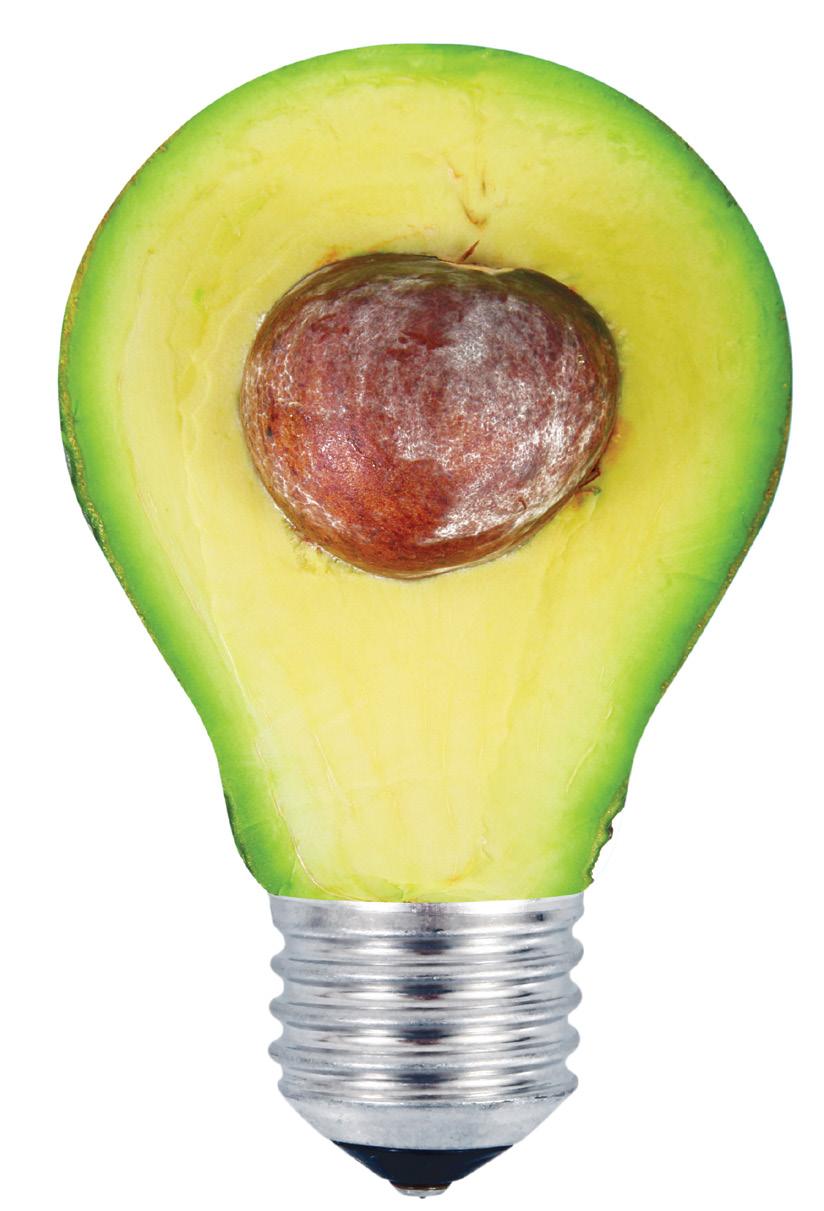BUSINESS CO DIARY
milking well were hard to get in calf, with top cows having a 14% chance of being empty in Southland, while bottom cows were at 21%. Ways farmers could target difficultto-get-in-calf cows was by prioritising their feeding during winter and reducing their milking interval. “Making sure they are at the correct body condition score is the best thing you can do.” Although farmers had been targeting six-week-in-calf rates, the national results were following the annual fluctuation of the dairy payout. “This year, with a better milk price, we expect to see it up again,” Jair said. Empty rates have been increasing throughout the country due to farmers mating for less time. “Every week you continue mating, whether by AI or by using bulls, decreases the empty rate by one to two percent. “If you cut your mating from 15 weeks to 11 weeks, which is what is happening on many farms, then expect an empty rate four to eight percent higher than what you’re used to.” He said looking after young stock well was the best thing farmers could do to improve their in-calf rates. “Puberty is dictated by live weight so if your rising ones and twos are not hitting their targets then they will be harder to get in calf.” Figures showed that while calves usually made the 100kg weaning weight easily, it was an uphill battle after that with some losing weight in their first winter, he said. “Invest in your young stock.” He likened mating performance onfarm to the Prada Cup yacht racing in mid-February, which he had been watching on television. “The races are being won in the starting box, not out on the race course. It’s the same with your herd. “If you don’t win the start with your young stock, you are never going to catch up.”
Being a good boss Words by: Keely Sullivan
W
e are approaching the start of a new season, where many of you will be getting new staff members or changing farms. This can be a busy time of the year, but it is also a good time to reflect and celebrate what has gone well over the past 12 months and consider what could go better. Over the past year, we at DairyNZ have been running the Good Boss campaign. We know that most dairy farmers are good employers, something we think is worth celebrating. I may not be a boss myself but, as an employee, having a good boss completely changes how you feel about the job. It can make you more engaged, willing and loyal, even during the busy times of the year. Being a good boss doesn’t require big changes to how you manage your team, because there are lots of little things that can make a big difference to attitude and morale. For me, the key to being a good boss is excellent two-way communication between you and your employee. It makes a big difference when I feel listened to and appreciated by my boss. This can be done in a few ways. One of these is to have regular catchups with each team member. When you get busy it can be easy to push these to the side, to finish other tasks around the farm. These meetings don’t have to be formal – you can take a farm walk or cups on alongside your staff and catch-up one-
Dairy Exporter | www.nzfarmlife.co.nz | March 2021
Keely Sullivan, DairyNZ consulting officer for West Otago/Gore
to-one at the same time. Having regular team meetings is also important because it keeps everyone up to date. Discuss what is happening around the farm and any issues, but don’t forget to chat about things outside of work too. Knowing your staff members’ interests can be great conversation starters or give you insights into what they enjoy. Opening the lines of communication can help boost engagement and result in an increase in performance. It can also help you understand how team members can be helped, including training and development. Go online and compare yourself, or your boss, with the top behaviours of successful farm bosses at dairynz.co.nz/goodboss • Keely Sullivan is a DairyNZ consulting officer for West Otago/Gore. 33























